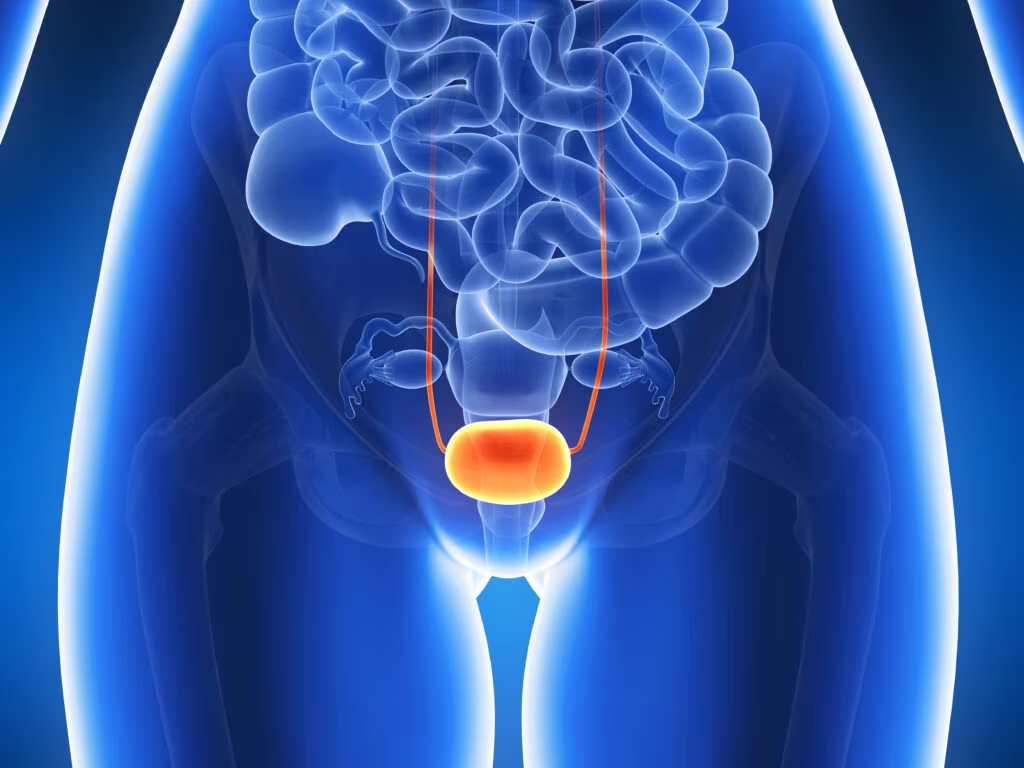Welcome to the latest edition of touchREVIEWS in Endocrinology. The articles in this issue present authoritative, up-to-date information on a wide range of topics, reflecting the scope of the broadening discipline of endocrinology. We begin with four articles on the subject of diabetes. In the first, Pappachan et al. present a systematic review of studies evaluating the accuracy of urine c-peptide creatinine ratio for identifying the type of diabetes in appropriate clinical settings. Shizuka Kaneko provides an overview of tirzepatide, a gastric inhibitory polypeptide activity and glucagon-like peptide (GLP)-1 receptor agonist that integrates the actions of both incretins into a single novel molecule. Doupis and Horton provide a practical guide to interpreting the glucose data provided by traditional continuous glucose monitoring and flash glucose monitoring systems in order to optimise the management of people with diabetes. Nallicheri et al. review currently available automated insulin systems for type 1 diabetes, with a focus on time in range.
Obesity is the main cause of type 2 diabetes, as well as having many other health consequences. Since lifestyle interventions rarely produce lasting weight reduction, the treatment of obesity requires new approaches. The recent availability of once-weekly subcutaneous semaglutide has led to claims that this drug is a game changer in the treatment of obesity. Colin and Gérard review the clinical evidence in support of this claim. Glucagon-like peptide-1 receptor analogues are also the subject of another review article. Williams et al. evaluate the clinical evidence for the use of this drug class in the treatment of obesity and consider which patients are most likely to benefit from this approach.
Our attention next shifts to paediatric endocrinology. Mastromauro and Chiarelli provide some novel insights into the genetic causes of short stature in children. Male hypogonadism is an under-recognised and undertreated condition. It is increasingly recognised that COVID-19 may affect multiple organ systems. In a review article, Çabuk et al. discuss direct and indirect effects of SARS-CoV-2 on the thyroid gland, and recommend the monitoring of thyroid function in COVID-19 patients taking dexamethasone.
We conclude with two original research articles. Kalra et al. present an analysis from a nationwide registry in India that evaluates the association of body mass index with body fat percentage and glycated haemoglobin levels among patients with type 2 diabetes. In addition, Beyer et al. describe a pilot study that aims to elucidate whether the levels of anterior pituitary hormones in cerebrospinal fluid follow a circadian rhythm.
touchREVIEWS in Endocrinology wishes to thank all expert authors who gave their time and effort to produce an insightful selection of articles. We are grateful to members of our editorial board for their continued involvement and advice. Thanks also go to all organisations and media partners for their ongoing support. We hope that you will find this edition of touchREVIEWS in Endocrinology an enjoyable and informative read.
Dr Sarah N Ali
Dr Ali read Medicine at the University of Oxford, UK, and undertook her specialist training in Diabetes in North West London Deanery and Imperial College London, UK. At Imperial College, she spent a year as a Clinical Research Fellow investigating eating behaviours and brain reward systems. She is now a Consultant Diabetologist at Royal Free London NHS Foundation Trust, where she is the Clinical Lead for both the Royal Free Diabetes Antenatal service and the Barnet Community Diabetes service. Dr Ali’s specialist interests include integrated community diabetes care, diabetes in pregnancy, health inequalities in minority ethnic communities (diabetes and COVID-19) and diabetes in Ramadan, with publications in these fields. Dr Ali is on the committee for the NICE Diabetes guidelines and has also been involved with several national diabetes projects, including co-authoring a national guideline on the best delivery of diabetes care in the primary care networks on behalf of NHS England. Being a Trustee for the South Asian Health Foundation (SAHF) has allowed Dr Ali to help address health inequalities and she has been a Trustee for Diabetes UK since May 2022.











